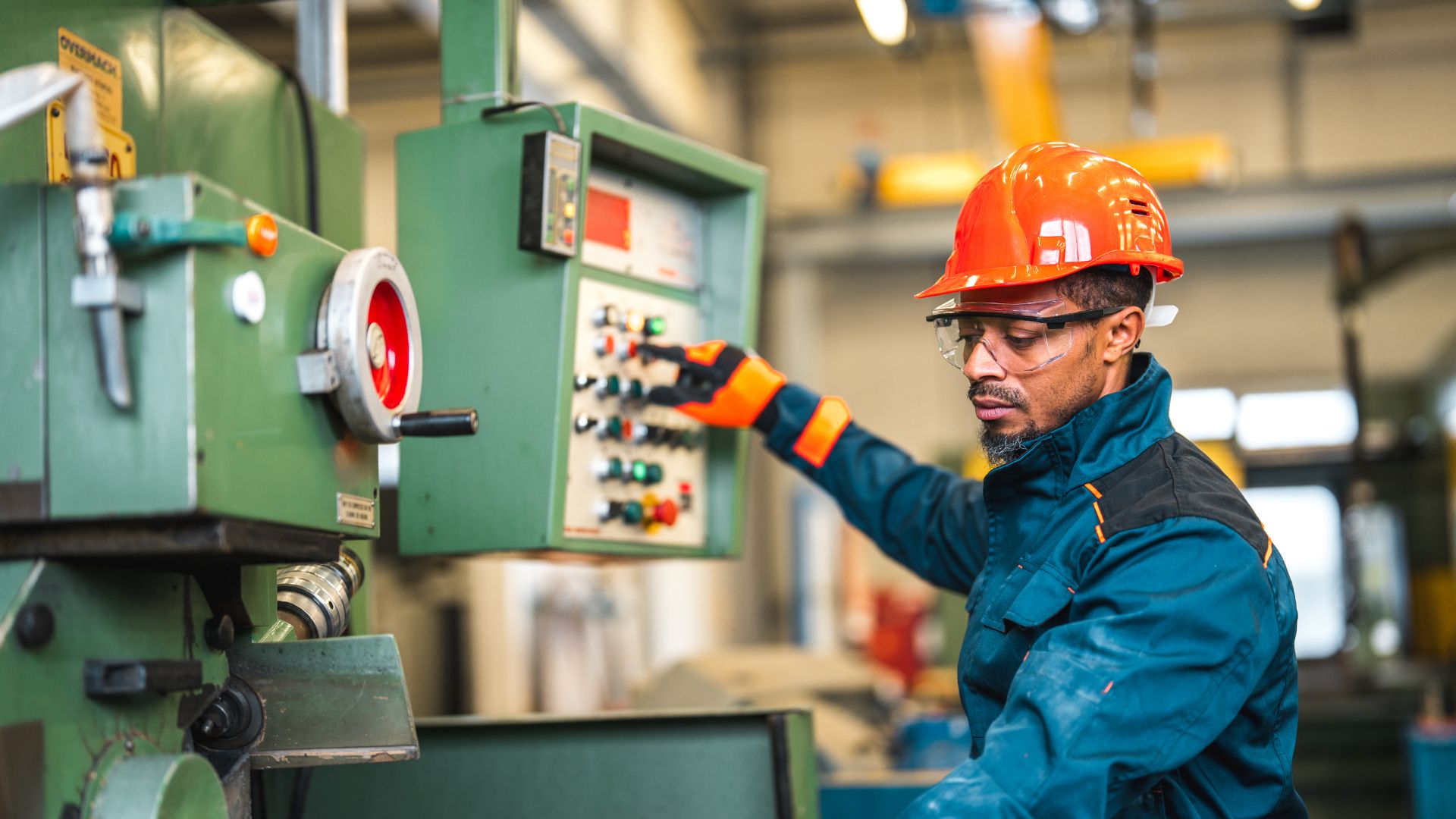Machine Technology and Sustainability: Innovations in Heavy Machinery and Transportation

In the quest for a more sustainable future, the heavy machinery and transportation sectors are undergoing significant transformations. Innovations in electric and hybrid technologies are driving these changes, aiming to reduce environmental impact and improve efficiency in industrial vehicles.

Electric and hybrid technologies have made substantial inroads into heavy machinery, traditionally dominated by diesel engines. Electric excavators, bulldozers, and loaders are now emerging, offering reduced emissions and lower operational costs. These machines leverage advanced battery technologies to provide sufficient power for demanding tasks while minimizing the carbon footprint associated with fossil fuels. For instance, electric-powered construction equipment reduces noise pollution, creating a more favorable working environment on job sites.

Hybrid technologies are also gaining traction in this sector. Hybrid excavators and haul trucks combine traditional internal combustion engines with electric powertrains to enhance fuel efficiency and cut emissions. These systems use regenerative braking to recharge batteries during operation, further improving efficiency and reducing reliance on diesel fuel. The integration of hybrid technologies not only lowers greenhouse gas emissions but also reduces fuel consumption and operational costs.
In transportation, electric and hybrid vehicles are transforming logistics and public transit. Electric trucks and buses are being deployed in urban environments, reducing air pollution and contributing to quieter cityscapes. Innovations in charging infrastructure, such as fast-charging stations and wireless charging pads, are supporting the widespread adoption of electric vehicles, making them more practical for daily use.

Additionally, advancements in telematics and fleet management systems are optimizing vehicle performance and energy usage. These technologies enable real-time monitoring and analysis of vehicle data, allowing for better route planning and maintenance scheduling, further enhancing sustainability.

Overall, the integration of electric and hybrid technologies in heavy machinery and transportation represents a significant step towards achieving sustainability goals. By reducing emissions, improving efficiency, and lowering operational costs, these innovations are helping to shape a greener and more sustainable future for industrial and transportation sectors.


